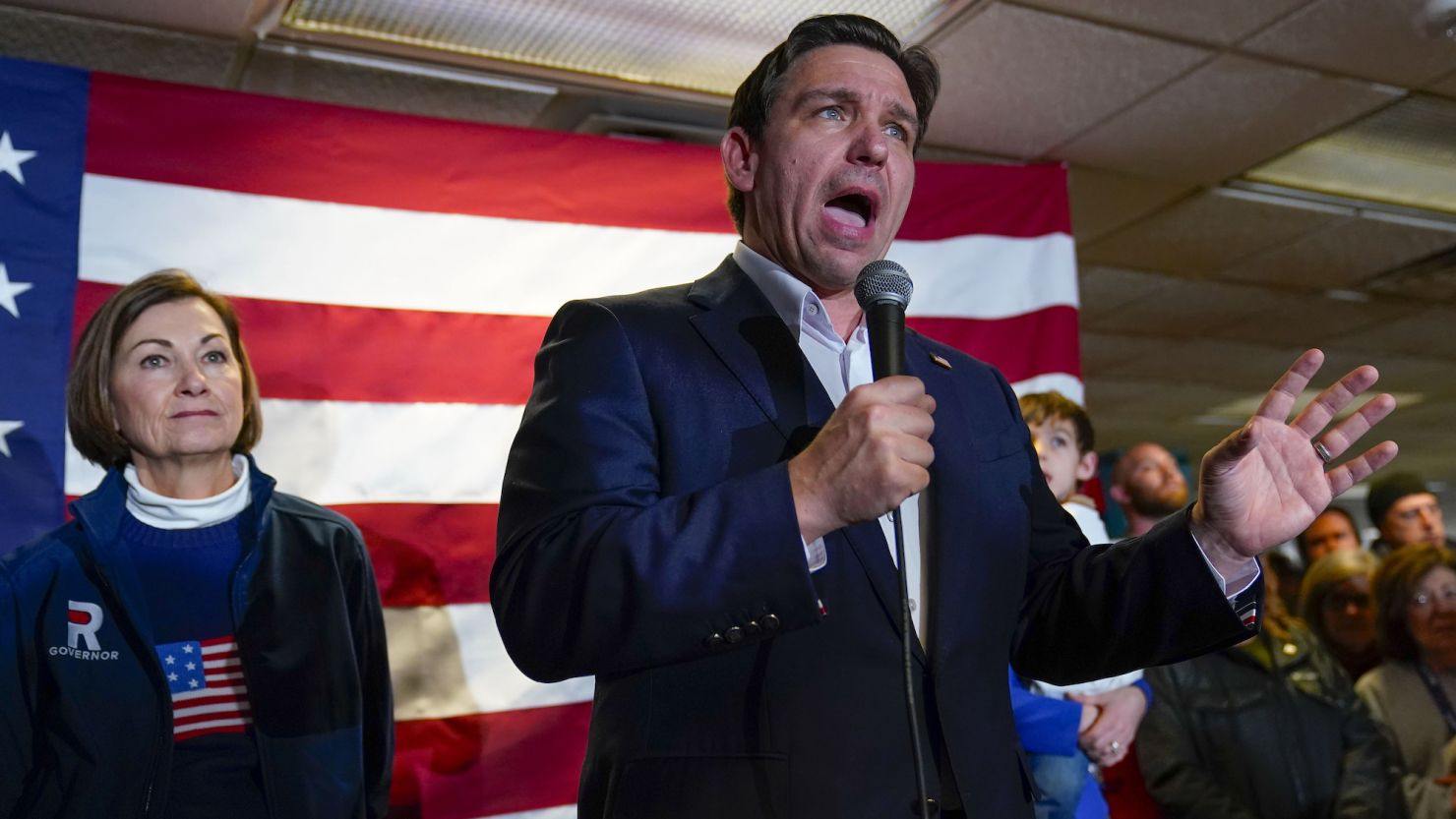Is it that they can’t learn or that they won’t learn?
Shortly after 8 PM ET, it only took minutes before several outlets, including the Associated Press, called Donald Trump the winner of the Iowa caucuses. This call came while some people were still casting their votes or waiting in line to vote.
Trump was going to win based on analysis of early returns and polls which seemed to match the trend. The question remains, however, did such an early call dampen the vote share for Ron DeSantis and Nikki Haley?
According to reports, some people still standing in line to vote were receiving phone notifications from places like Fox News that Trump was declared the winner. If you were standing in line in sub-zero record-cold temperatures to cast a vote for DeSantis, would you have bothered waiting?
The DeSantis campaign cried foul immediately and chastised the media for “election interference”:
DeSantis Campaign says that the media engaged in election interference. pic.twitter.com/awZhK8y4wQ
— suzy (@Suzy_1776) January 16, 2024
That may be true. Perhaps some DeSantis voters left the line along with the Haley voters. However, some Trump voters may have left also seeing the writing on the wall.
In other words, the entire vote was probably suppressed to an extent, not just the vote for specific candidates. The low turnout was not surprising considering the weather and the fact that Trump was so far ahead in every poll. It was assumed Trump would win, but by how much?
Tim Pool on X made the point that Trump’s margin could’ve been higher:
Its absurd to claim the media calling the race for Trump early was interference against DeSantis
In fact it was interference against Trump
Telling Trump voters before even voting that he already won? That would entice them to leave and NOT vote https://t.co/j1QRbirj03
— Tim Pool (@Timcast) January 16, 2024
As for screams of election interference, DeSantis lost by 30 points. Would he have lost by 29 points if the call hadn’t come as early as it did? That’s debatable, but it wouldn’t have changed the eventual outcome or the trajectory of the race in a meaningful way.
DeSantis should take the second-place finish and move on as he almost lost to Haley, a finish that would’ve ended his campaign immediately as opposed to days from now.
As for an explanation, the AP uses data and stats from prior elections coupled with early returns and polls:
Asked for comment, AP pointed a reporter to a post on its website explaining why it called the race.
“The Associated Press declared Trump the winner of the Iowa caucuses based on an analysis of early returns as well as results of AP VoteCast, a survey of voters who planned to caucus on Monday night. Both showed Trump with an insurmountable lead,” the story explained.
In a perfect world, the Republican National Committee and/or the Republican Party of Iowa should’ve clamped down a little tighter on the results. They should have held all the early returns until 9 pm ET which would’ve provided a good hour of voting to take place before any call could be made.
That’s not a fail-safe, media outlets could still do what they want but at least the party could’ve tried to mitigate this entirely foreseeable possibility.
In the end, moving to New Hampshire, the claims of election interference by an early call in Iowa look petty next to a 30-point loss.
Donate Now to Support Election Central
- Help defend independent journalism
- Directly support this website and our efforts
